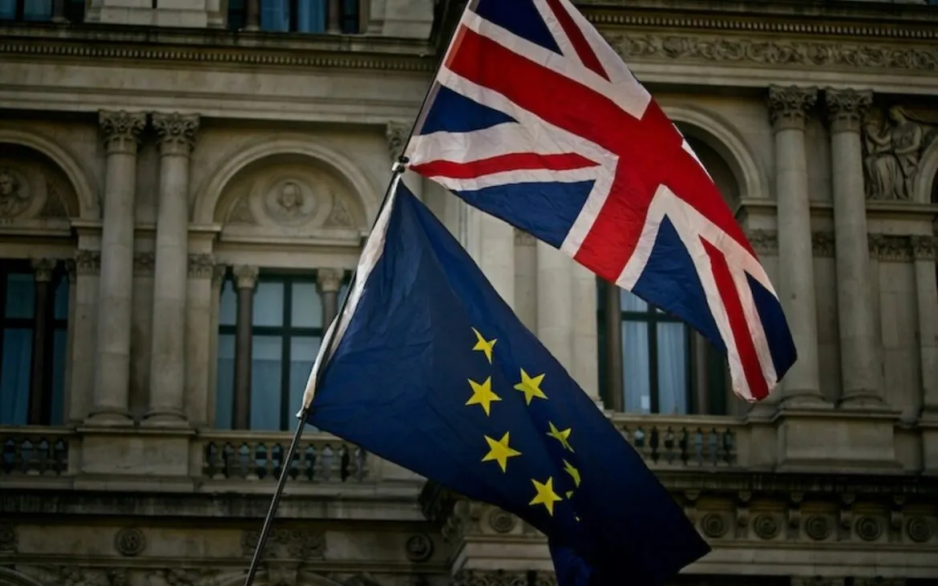The United Kingdom has taken the lead among Western powers in escalating pressure on Russia’s energy exports, unveiling a sweeping sanctions package targeting the country’s Arctic oil and gas operations. The measures, announced this week, strike directly at Rosneft, Lukoil, and the high-profile Arctic LNG 2 project, once seen as a pillar of Moscow’s energy ambitions.
The sanctions extend beyond Russia’s borders, blacklisting 44 ships connected to the so-called shadow fleet that ferries sanctioned fuel around the world, including seven gas carriers regularly transporting Arctic LNG to China. The UK also sanctioned a Chinese import terminal in Beihai, which had recently begun receiving liquefied natural gas from the project, effectively turning it into the first non-Russian target of Western Arctic energy sanctions.
Chancellor of the Exchequer Rachel Reeves framed the move as a direct warning to Moscow’s network of enablers. “We are sending a clear signal, Russian oil is off the market,” she said. “As Putin’s aggression intensifies, the UK will continue stripping away the funding that fuels his war machine.”
London Leads — as Washington Steps Back
While London has stepped up its response, the Trump administration in Washington has so far refrained from imposing new penalties on Russia’s Arctic projects. That contrasts sharply with the flurry of sanctions issued under the previous administration, which targeted Arctic LNG 2 and its partners throughout 2023 and 2024.
For now, the White House has remained silent — a posture that underscores how sharply U.S. policy toward Russia has shifted under Trump’s second term.
The absence of American action leaves the UK standing largely alone in its latest measures, even as the European Union remains deadlocked over its next sanctions package. EU officials continue to debate whether to accelerate the bloc’s planned phase-out of Russian liquefied natural gas imports, possibly moving the cutoff to January 2027, a year ahead of the existing 2028 deadline.
But despite growing pressure from Baltic and Nordic states, Brussels has yet to reach consensus.
Beijing’s Preemptive Countermove
In China, the Beihai terminal — run by the state-owned PipeChina — has effectively quarantined itself from Western exposure. The facility, now dedicated exclusively to Russian deliveries, stopped receiving cargo from other countries after sanctions threats emerged.
That move, analysts say, makes the UK sanctions largely toothless in practice. “Beijing insulated Beihai before anyone could act,” one European energy analyst said. “It’s still importing Russian gas at a discount, and Western companies can’t afford to push too hard given their own exposure in China.”
Indeed, major Western players such as BP and Shell maintain deep ties to China’s energy market — a reality that complicates any coordinated Western pressure campaign.
A Strategic Message, Not a Market Shock
The latest sanctions are unlikely to choke off Russia’s Arctic energy exports in the short term. But they do serve a geopolitical purpose: signaling that London intends to remain an active player in the sanctions architecture even as Washington retreats and Brussels hesitates.
For Moscow, the move is another reminder that the economic front of its confrontation with the West has become increasingly fragmented, and that the battle for control of global energy flows is now fought as much in diplomacy and trade corridors as in the Arctic ice.


